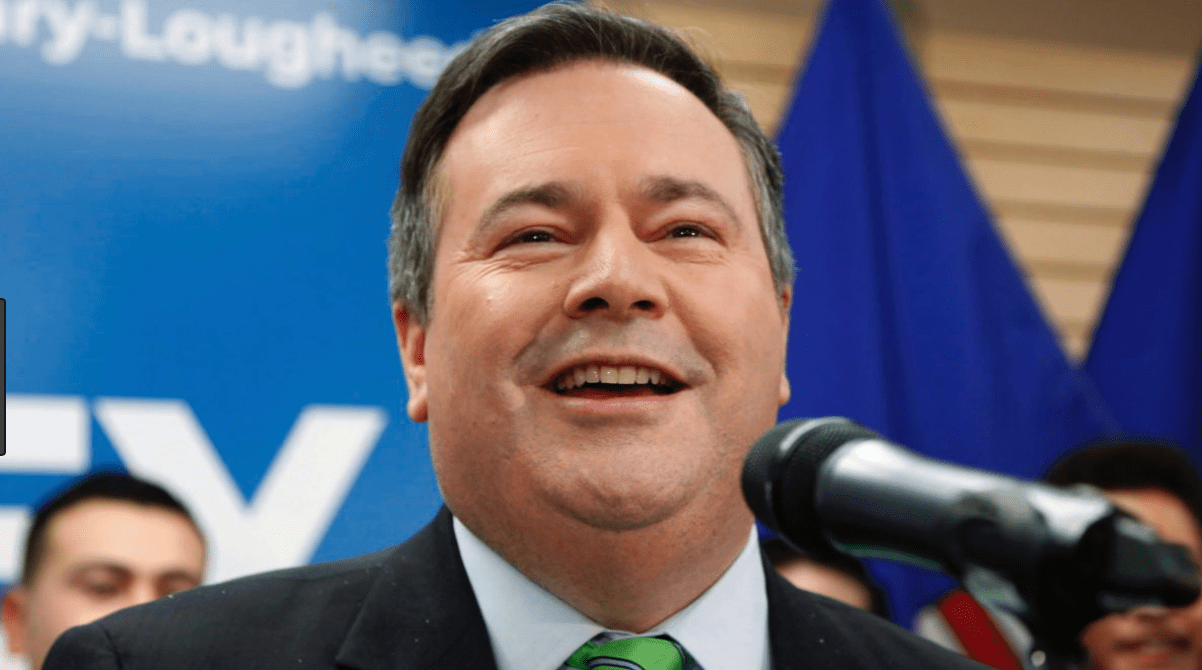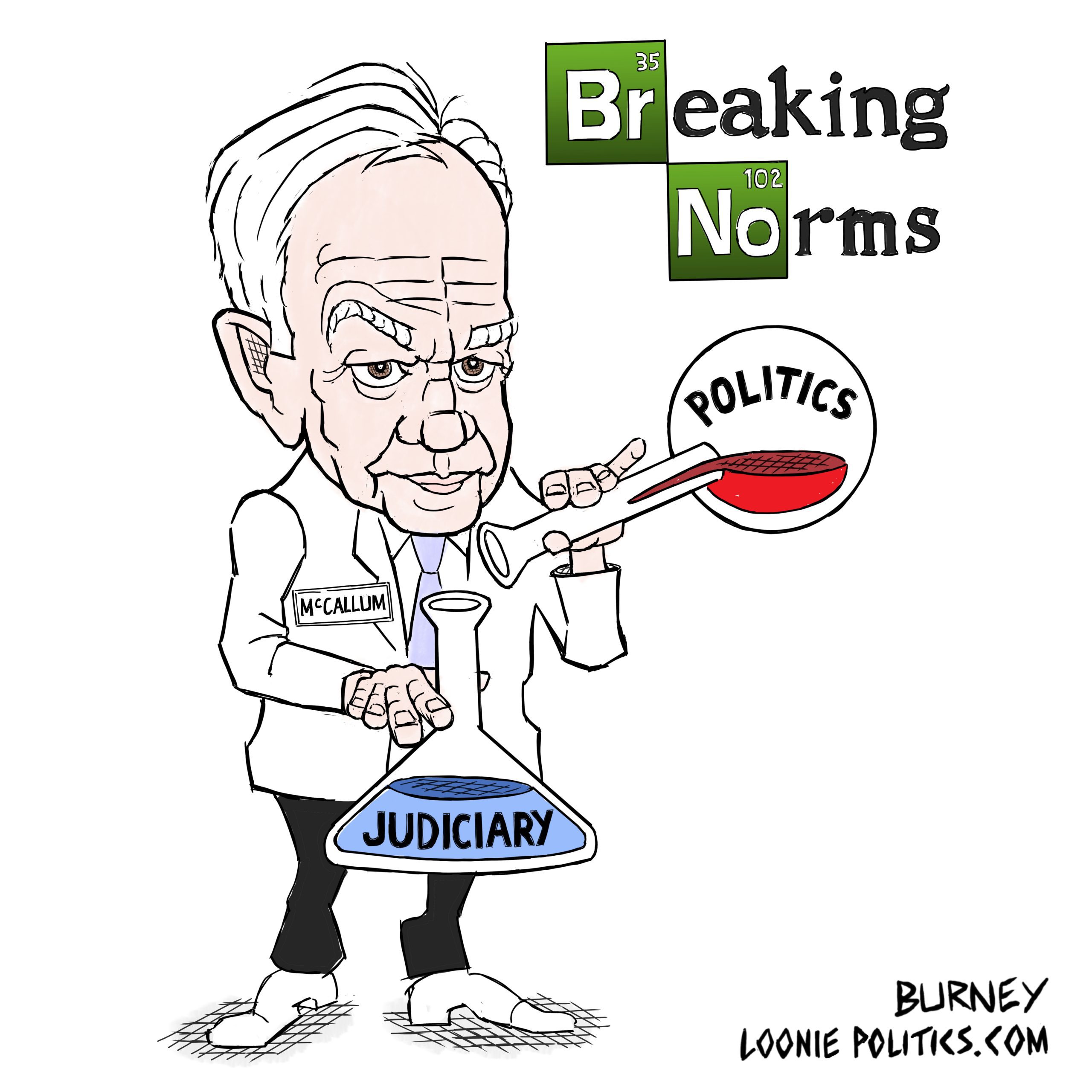In the good old days of slow politics, politicians could take their time before pontificating. They could double check their numbers, crafting messages with weight and authority.
But that was then, and this is the time of Twitter and Trump, of fast reactions and fake news.
United Conservative Party Leader Jason Kenney is likely wishing he hadn't been quite so quick off the mark to amplify a message from one of the party's rookie candidates in the upcoming Alberta election.
Michaela Glasgo, a UCP candidate in Medicine Hat, tweeted that her local church would be paying $50,000 in carbon tax this year. Kenney very quickly retweeted Glasgo's assertion, commenting "We hear stories like this all the time, sadly."
Except the number actually was $5,400. Glasgo had misinterpreted an overall rise in operating expenses for the church to refer only to the carbon tax. She owned up and clarified the gaff and Kenney retweeted the clarification.
So all's well that ends well, Kenney supporters might say. And yes, mistakes do happen.
But in this case, Kenney's one solid campaign promise to date has been the elimination of the provincial carbon tax. Surely the actual mechanism and numbers of the tax should be at his fingertips.
A UCP spokesperson said Kenney had no reason to doubt the veracity of the original Tweet.
If Kenney is living and breathing this stuff, a warning bell should have clanged and a small voice whispered in his ear that the number just didn't sound right. It's a basic building block of media literacy that if something on social media sounds preposterous, it probably is wrong.
Not that $5,400 is an inconsiderable number in itself. The cost to the church of the NDP government's carbon levy could have been a talking point in the case against the tax. But the exaggerated figure eliminates that possibility.
It also left the church, the Hillcrest Evangelical Missionary Church, in some discomfort with its position as a political football. The church pastor ended up soft pedalling the entire issue by saying: "Many people in our congregation are concerned about environmental issues."
The whole incident has shone a spotlight on the oversimplification of the carbon tax issue in the campaign. Kenney can't utter the words "carbon tax" without the prefix "job-killing". When platform points become that glib, it invites more rigorous scrutiny, initially from critics, then from journalists and eventually from voters.
Kenney and the UCP has had a fairly negative week in the overheated Alberta political arena even beyond this particular dustup.
Alberta's Election Commissioner sent out letters last week warning that he is looking into obstruction of his investigation into questionable campaign contributions during the UCP leadership campaign Kenney won in 2017.
Grassroots dissent about how the leadership campaign was conducted continues to reverberate in the UCP and the suggestion of some sort of intimidation tactics to keep the lid on the controversy is not helpful to what is still really a fledgling party.
A Mainstreet Poll that came out last week found that while the UCP still holds close to a 25 per cent lead against the governing NDP, Kenney is mustering only a 39.7 per cent positive impression rating, with 33 per cent having an unfavourable impression.
One impression that Kenney has generally been able to maintain is that he is a smart and focused politician. But misfired Tweets like the carbon tax one aren't doing much for that reputation.
With the UCP out in front, these bumps in the road would seem not that concerning. But no party can completely count on early leads.
A faint echo from the 2015 Alberta election may well be echoing in the ears of conservatives who watched what appeared to be the impregnable 44-year reign of the Progressive Conservative Party go down to defeat that year.
Premier Jim Prentice, in an unfortunate bit of mansplaining to Rachel Notley during a televised debate, uttered the fateful words: "Math is difficult."
That's all the more reason campaigning politicians should double check the numbers.
Photo Credit: iPolitics








